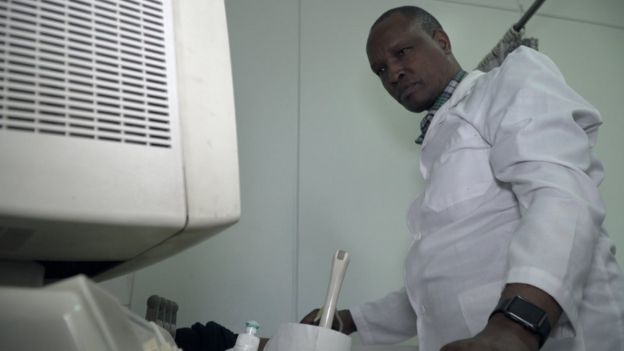By: Nicole Hoerold
Impunity Watch Reporter, Asia
BEIJING, China– China, the world’s biggest manufacturing powerhouse, has never had a strong reputation for its working conditions. China is able to offer competitive prices because it’s manufacturers cut back on other expenses, like worker’s benefits and quality work spaces.

China’s courier services have recently drawn attention in the international media. The world’s largest market for package delivery employs largely unskilled workers, and the job can be low-paying and difficult. Labor activists and legal experts are concerned that many couriers face harsh working conditions and unmanageable hours of employment. Almost one quarter of Beijing’s couriers work more than 12 hours each day, seven days a week, according to a survey conducted by Beijing Jiaotong University.
Most couriers make between $300 and $600 each month, a salary roughly equal to wages earned in China’s migrant factories. Chinese workers lack the right to organize their own worker’s unions. Instead, collective representation of workers falls under the sole authority of the All-China Federation of Trade Unions, an organization of officials appointed by China’s communist party. This poses the concern that individuals have no remedy for grievances like low wages and poor working conditions.
Recently, China has showed some interest in expanding investments in Africa. Currently, China relies on Africa to supply a constant influx of natural resources to sustain its massive manufacturing industry. China, in turn, sells its manufactured products back to African states, builds infrastructure, and provides foreign direct investments. Critics of China’s policies in Africa are concerned that China is establishing itself as a colonial power. Human rights organizations are paying close attention to ensure that China’s labor practices, specifically the sate’s tendency to neglect labor rights, doesn’t carry over into the African labor sector.
For more information, please see:
New York Times – For Couriers, China’s E-Commerce Boom Can Be a Tough Road – 31 January, 2017
World Politics Review – China’s Complicated History With Workers’ Rights – 25 January, 2017
Harvard Political Review – China’s Investment in Africa: The New Colonialism? – 3 February, 2017
Financial Times – China labour unrest spreads to ‘new economy’ – 1 February, 2017


